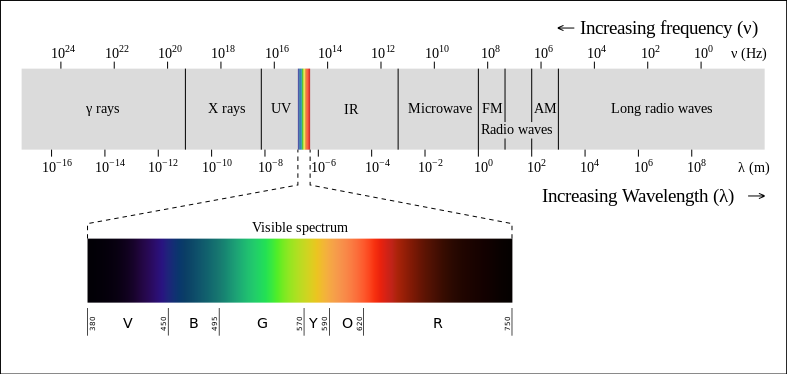B
BrittanyGulden
Guest
Searched around a bit and can't seem to find the answer. All my "searches" direct me towards is "How To Video's."
I am in need of some type of laser to for my Rifle. Laser will be visualized through some sort of IR or Thermal Screen/Monitor and the laser will be used as my Cross Airs/Reticals.
This will be my "Night Vision Scope"
The military seems to be only using Green. Is there a specific reason behind this?
Also, I have searched around for Laser Distances and can't find them. I only need to reach out 250 yrds but hey why not go farther if I can.
Is there a section on this forum where it shows various How To Vids?
I am going to go do some searching! I just wanted to see if all Infrared Lasers "burn?" It'd be nice if they didn't because on my rifle, I wouldn't need a laser to burn anything, I just need it to be infrared so I can see it and other (animals) cant
thnks!
I am in need of some type of laser to for my Rifle. Laser will be visualized through some sort of IR or Thermal Screen/Monitor and the laser will be used as my Cross Airs/Reticals.
This will be my "Night Vision Scope"
The military seems to be only using Green. Is there a specific reason behind this?
Also, I have searched around for Laser Distances and can't find them. I only need to reach out 250 yrds but hey why not go farther if I can.
Is there a section on this forum where it shows various How To Vids?
I am going to go do some searching! I just wanted to see if all Infrared Lasers "burn?" It'd be nice if they didn't because on my rifle, I wouldn't need a laser to burn anything, I just need it to be infrared so I can see it and other (animals) cant
thnks!






